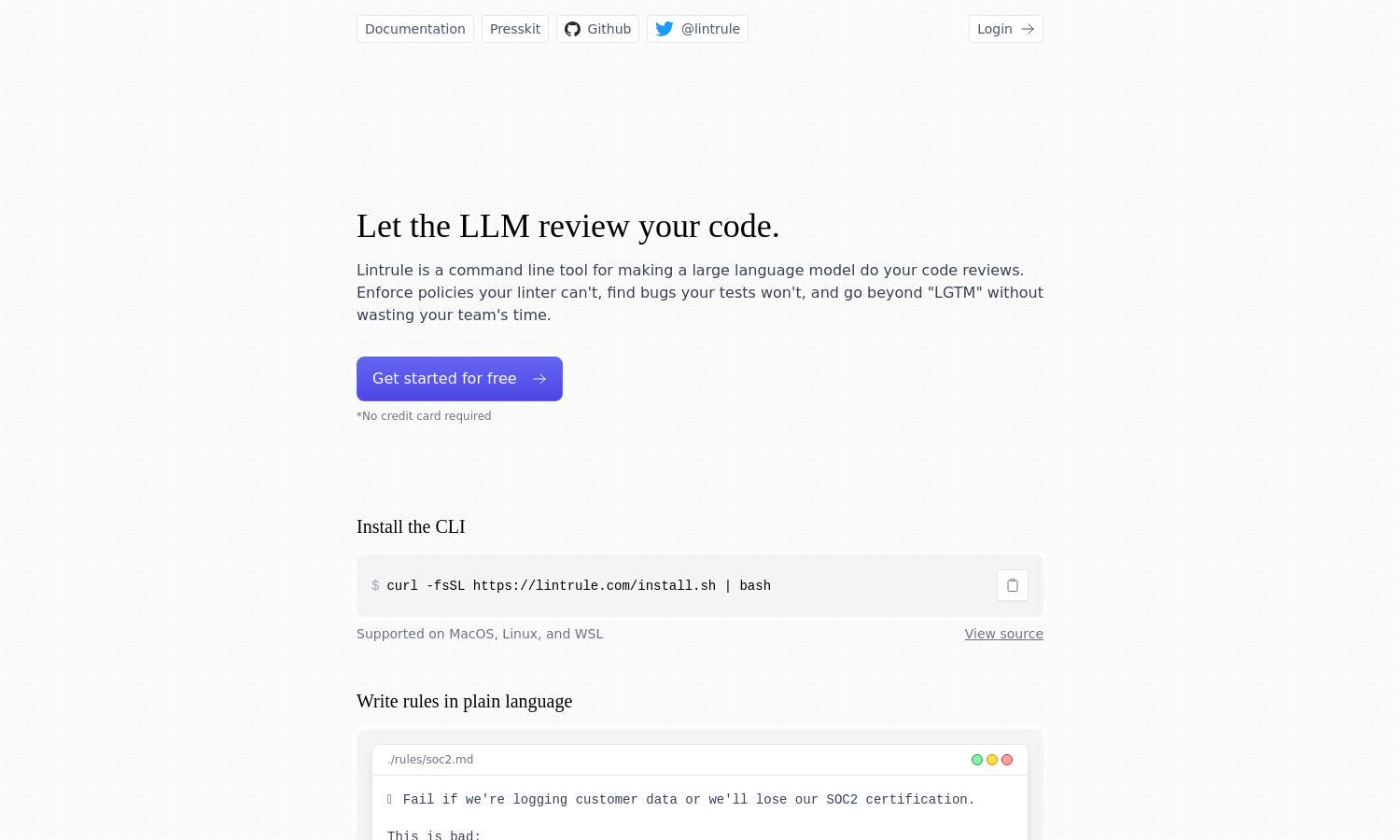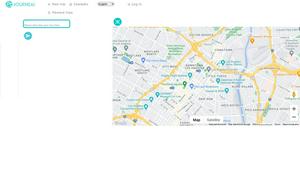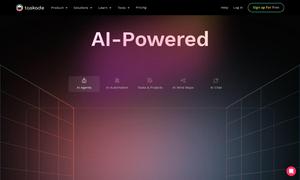Lintrule

About Lintrule
Lintrule is a powerful automated code review platform that utilizes large language models to enhance code quality. It simplifies the review process for developers, ensuring compliance with coding standards while identifying potential bugs. By integrating easily into workflows, Lintrule saves time and promotes efficient programming practices.
Lintrule offers pricing at $1.00 per 1,000 lines of code changed, with variations for project sizes. Small projects may cost around $20 per month, while larger projects may incur fees up to $250. An estimator helps users predict costs, promoting smart budgeting for code reviews.
Lintrule features a sleek and intuitive user interface that streamlines navigation and enhances user experience. The layout simplifies tasks like rule management and code checks, ensuring efficiency. With user-friendly designs, Lintrule empowers developers to focus on coding while automating time-consuming review processes.
How Lintrule works
To use Lintrule, developers start by installing the CLI and initializing a .rules folder in their codebase. Users can then log in, create rules, and run checks on code changes. Lintrule efficiently analyzes diffs in parallel, providing quick feedback and ensuring adherence to coding standards.
Key Features for Lintrule
Automated Code Reviews
Lintrule’s automated code review feature harnesses the power of large language models to streamline the review process. By identifying bugs and enforcing coding policies, Lintrule ensures code quality while saving time for developers, making it an indispensable tool for modern software development.
Custom Rule Creation
Lintrule allows developers to create customized rules using plain language, ensuring that specific coding standards are met. This unique feature enhances flexibility and precision in code reviews, allowing teams to write tailored policies that address their specific needs and preferences effectively.
Diff Analysis
The diff analysis feature of Lintrule enables efficient code reviews by operating on code changes since the last commit. This functionality allows developers to focus on relevant modifications, enhancing code quality quickly without the overhead of reviewing unchanged code, thus optimizing the review process.
You may also like:








